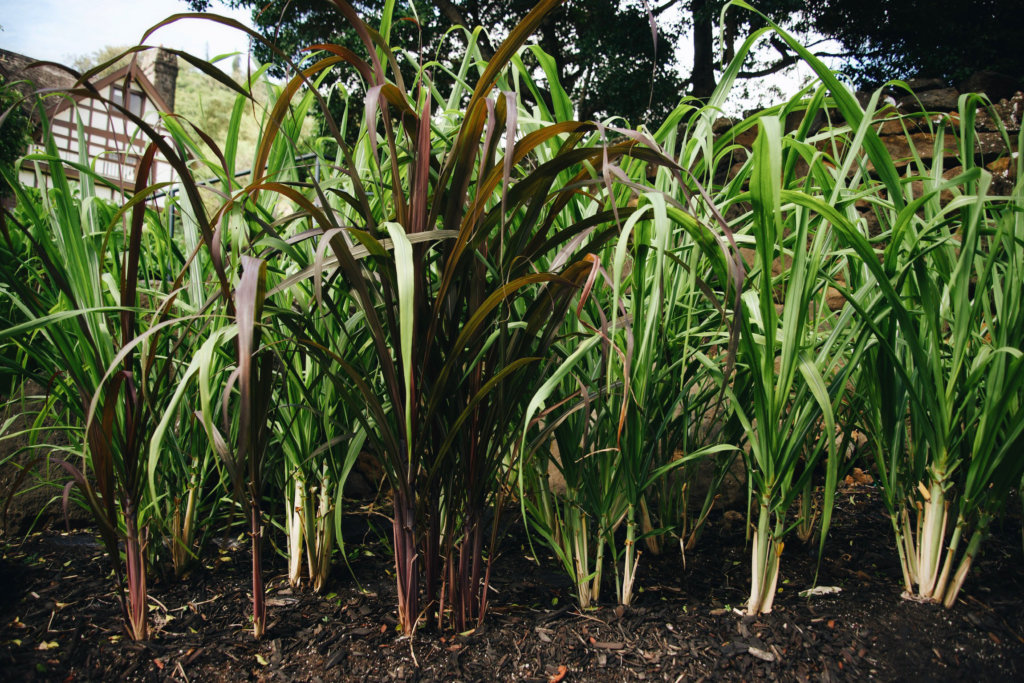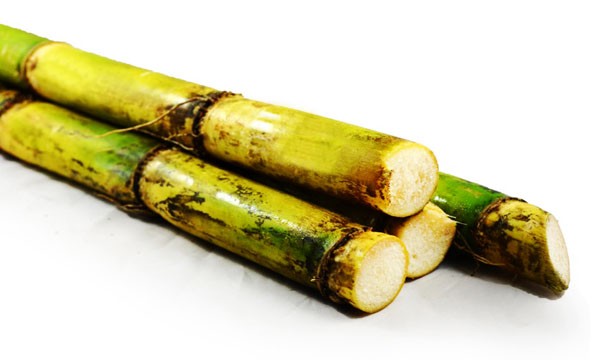Just How Walking Cane Sugar Handling Chemicals Improve Sugar Top Quality and Return
The duty of processing chemicals in cane sugar manufacturing is pivotal, as they straight affect both the high quality and yield of the last product. The unification of activated carbon and enzymes offers to enhance the break down of intricate sugars, inevitably leading to a purer and higher-quality sugar.
Overview of Cane Sugar Processing
Cane sugar processing entails a series of vital steps that transform raw sugarcane right into refined sugar products. The procedure begins with harvesting, where mature sugarcane stalks are reduced and carried to processing facilities. Upon arrival, the walking stick undergoes washing to get rid of impurities such as dirt and plant products.
Following cleaning, the walking stick is crushed to draw out the juice, which includes sucrose - sugar and cane. This juice undertakes information, where lime and warmth are used to remove staying contaminations and non-sugar parts. The clarified juice is after that vaporized to focus the sugar content, bring about the formation of thick syrup
Following, the syrup is taken shape via a controlled air conditioning process, resulting in sugar crystals. To accomplish refined sugar, additional filtration steps are applied, including washing, re-crystallization, and drying.
The final product is either packaged as raw sugar or additionally refined right into white sugar, accommodating different customer and commercial requirements. This thorough collection of steps makes sure the manufacturing of high-grade sugar, vital for many applications in food and drink markets.
Secret Processing Chemicals Used
The production of refined walking stick sugar relies upon different processing chemicals that play significant duties at various phases. Among the most crucial are lime (calcium hydroxide), phosphoric acid, and sulfur dioxide. Lime is mainly used throughout the information stage to neutralize level of acidity and speed up contaminations, causing a more clear juice. This step is essential for boosting the total high quality of the extracted juice.
Phosphoric acid offers a dual objective; it improves the clarification procedure and helps in the removal of color-forming substances, adding to a greater purity of the end product. Additionally, sulfur dioxide works as a bleaching representative, permitting the reliable removal of undesirable pigments and enhancing the shade of the sugar.
Other notable chemicals include activated carbon, which is used for further decolorization, and enzymes that promote the break down of intricate sugars into easier types, therefore boosting yield. The mindful choice and application of these handling chemicals are important for maximizing the performance of sugar extraction and refining processes, inevitably leading to a more regular and better sugar product.

Influence On Sugar Top Quality
How do handling chemicals affect the quality of refined sugar? The introduction of different chemicals in the walking cane sugar handling stage dramatically enhances the purity and overall high quality of the end product. Key agents, such as phosphoric acid and calcium hydroxide, help with the explanation procedure, properly getting rid of impurities and colorants that can adversely affect sugar's appearance and taste. By reducing the effects of unwanted elements, these chemicals assist achieve a higher degree of decolorization, resulting in a more valuable and aesthetically enticing product.
In addition, making use of activated carbon and ion-exchange resins throughout the refining process plays an important role in eliminating off-flavors and unwanted odors, adding to the sugar's sensory account. This improvement not just boosts the visual and organoleptic high qualities but additionally boosts the life span by reducing microbial activity associated with pollutants.
In addition, the precise application of these chemicals makes certain that the sugar displays a consistent grain dimension and flowability, which are necessary qualities for both industrial applications and customer preferences. Generally, the calculated use processing chemicals is essential in achieving premium refined sugar that fulfills market standards and customer expectations.

Enhancing Return Performance
Enhancing yield performance in walking cane sugar processing involves check my site enhancing various stages of production to make best use of the quantity of sugar removed from raw cane. One essential element is the choice and application of proper handling chemicals, which can help with the malfunction of cell walls and boost sugar launch during extraction. Chemicals such as enzymes and acids play a crucial role in this process by hydrolyzing polysaccharides and dissolving impurities, thus boosting the total removal efficiency.

Regular surveillance and adjustment of processing criteria are vital to maintain effectiveness throughout manufacturing (sugar and cane). By employing these approaches, sugar producers can not only raise the quantity of sugar acquired yet additionally decrease waste and reduced manufacturing costs, contributing to an extra successful and sustainable sugar processing operation
Benefits for Manufacturers and Customers
Walking cane sugar processing chemicals provide significant benefits for both manufacturers and customers, developing a much more lasting and effective market. For producers, these chemicals boost removal processes, leading to greater yields and improved sugar top quality.
The enhanced top quality of sugar translates to better preference and uniformity in food products. Furthermore, the usage of processing chemicals can lead to a much more secure supply of sugar, minimizing lacks and cost spikes that can take place due to environmental elements or market changes.
Final Thought

The role of handling chemicals in walking cane sugar production is pivotal, as they straight influence both the high quality and yield of the last product (sugar and cane). The incorporation of activated carbon and enzymes offers to enhance the break down of complex sugars, more info here inevitably leading to a purer and higher-quality sugar.Walking stick sugar handling entails a series of vital steps that transform raw sugarcane right into refined sugar items.Enhancing yield efficiency in walking cane sugar processing includes optimizing different stages of production to take full advantage of the quantity of sugar drawn out from raw walking cane.Cane sugar handling chemicals play an important function in boosting both sugar high quality and yield